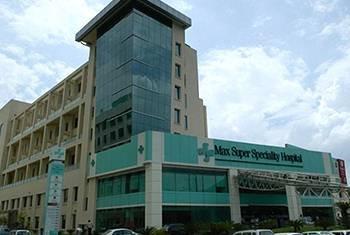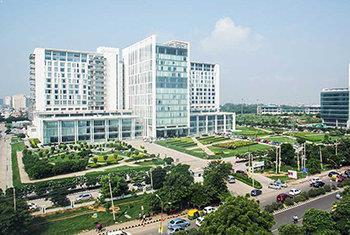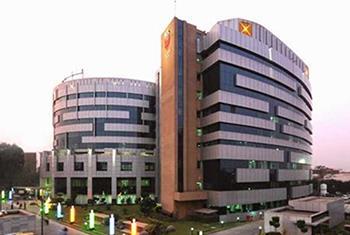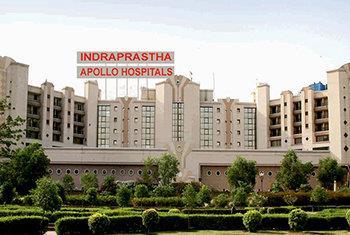Types of methods for the Endometrial Ablation Procedure in India
Endometrial ablation can be done in the doctor’s clinic. However, endometrial ablation is done in a hospital for some types of endometria, particularly if anesthesia is required.
The cervix’s opening should be widened to allow the instruments used for endometrial ablation to pass through. Medications or a series of rods inserted into the cervix that gradually widen until it is sufficiently widened can both widen the cervix.
Procedures for endometrial ablation differ depending on how the endometrium was removed. Choices consist of:
Electro Surgery: which requires general anaesthesia. The uterus can be seen inside with a thin scope. A heated tool, such as a wire loop, is passed through the scope to sculpt wrinkles into the endometrium.
Cryoablation: Using extremely cold temperatures, two or three ice balls are formed, which will freeze and destroy the endometrium. Doctors use real-time ultrasound imaging to monitor the development of ice balls.
Free Flowing Hot Fluid: The endometrial lining is destroyed when heated saline fluid is circulated inside the uterus for approximately ten minutes.
Heated balloon: To destroy the endometrial tissue, a balloon device is inserted through your cervix and filled with heated fluid.
Microwave: A thin wand is inserted through the cervix. The wand emits microwaves that heat the endometrial tissue. Usually, this process takes three to five minutes.
Radio Frequency: A flexible ablation device is firmly unfolded inside the uterus by a specialized instrument. After that, the device will begin to emit radiofrequency energy, which in one to two minutes will destroy the endometrial tissue. After that, the device is firmly taken out of the uterus.
Irregular-shaped uterus: Women whose uterus have irregular shapes due to aberrant tissue growth. The most common causes of uterine shape change are interactivity lesions or uterine fibroids.







